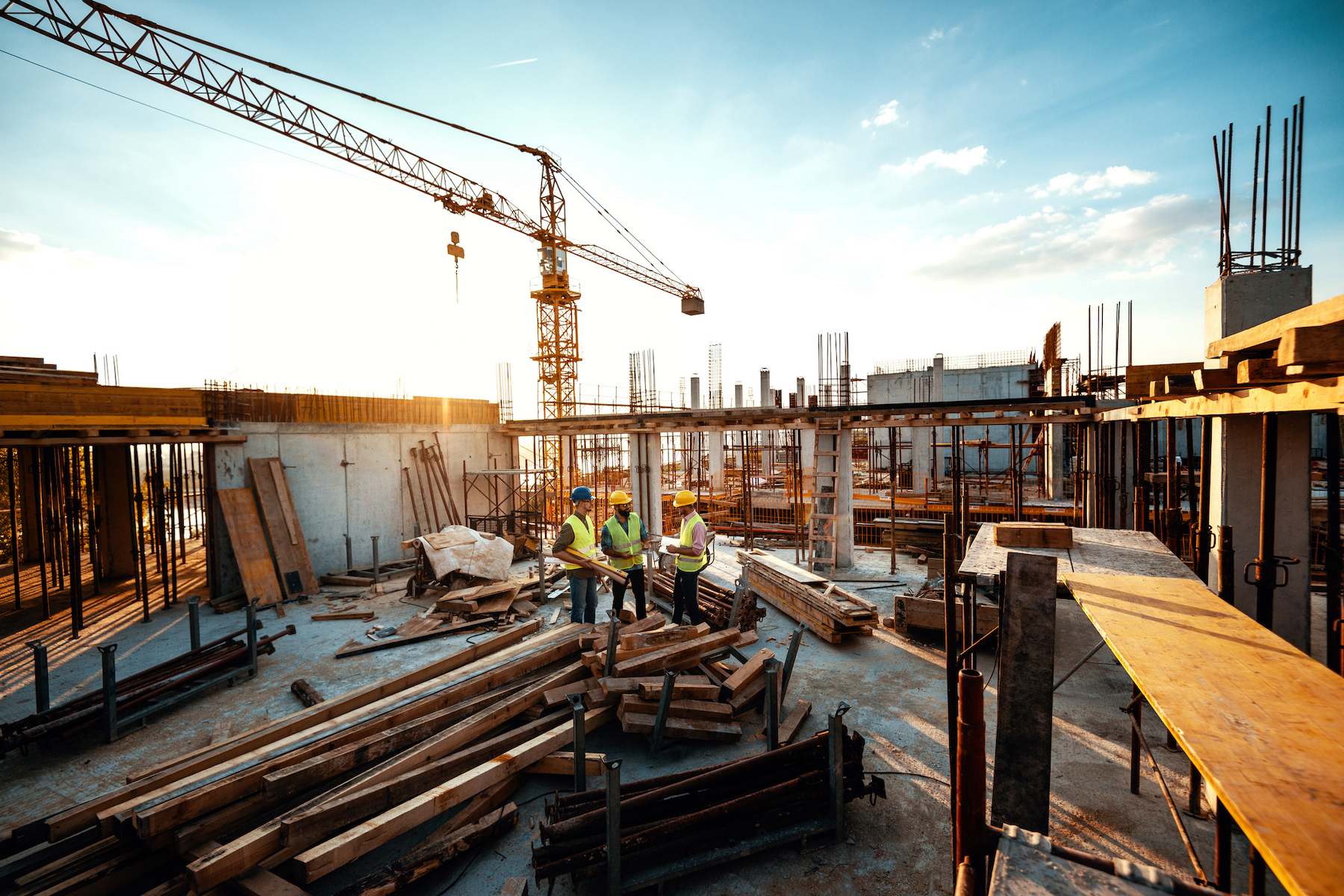Are you looking to better understand the key terms used in BuildOps Commercial Construction Glossary? Then this article is for you. In it, we will cover all that you need to know about the language of commercial construction and how each term relates to the industry.
We will outline the various definitions for each term as well as provide examples of their usage. With this knowledge, you’ll be able to confidently engage in conversations related to commercial construction and make sure that everyone is on the same page when it comes time for execution. So let’s get started!
Commonly Used Abbreviations and Acronyms
When it comes to commercial construction, understanding the key terms is essential. Commonly used abbreviations and acronyms can be difficult to keep track of. One such acronym is BIM, which stands for Building Information Modeling. This technology allows users to create accurate digital representations of physical structures.
Other commonly used phrases include RFI (Request For Information), CAD (Computer-Aided Design), and RFQ (Request For Quote). Knowing these terms can help you better understand how the building process works and stay up-to-date on industry trends and developments. Additionally, many tradesmen use common shorthand like GC or GCC for General Contractor or General Construction Company respectively when referencing a particular company in their trade network. With this knowledge under your belt, you’ll have an edge over those not familiar with BuildOps terminology!
Types of Construction Projects

When it comes to understanding the key terms in BuildOps Commercial Construction Glossary, it is helpful to understand the different types of construction projects. Types of construction projects vary in complexity and scale, ranging from small-scale residential renovations to large-scale commercial builds. Some common types of construction projects include new building construction, renovation or remodeling, additions or extensions to existing buildings, and maintenance and repair work.
New building construction generally involves erecting a structure on an empty lot or demolishing an existing structure and replacing it with a new one. Renovation or remodeling is any type of project that updates an existing space by either repairing damage or making changes for aesthetic reasons such as reconfiguring rooms inside a home or business.
Additions are similar to renovations but involve adding square footage onto an existing structure by expanding outward from the original design limits rather than within them. Maintenance and repair work may be necessary after regular wear-and-tear has taken its toll on older structures; these tasks can range from repairs made using traditional methods like carpentry all the way up to more complex jobs such as installing electrical wiring systems throughout a building’s interior walls.
Building Materials and Techniques
When it comes to construction projects, the type of building materials and techniques used can be key to a successful outcome. From metal framing and wood framing to masonry and glass installation, understanding the various options available is an important part of completing any project on time and within budget.
Additionally, there are many different methods for joining materials together such as welding or fastening with screws or bolts. By having a good grasp on which materials work best in certain situations and which techniques will yield the most effective results, buildups professionals can ensure their projects run efficiently from start to finish.
Scheduling, Budgeting, and Project Management Terms

Scheduling, budgeting, and project management are essential components of any commercial construction project. From the initial planning stages to the final completion date, understanding these terms is critical for successful buildouts. Scheduling refers to the timeline and sequence of activities required for a successful construction process. It includes setting deadlines for specific tasks as well as establishing milestones that must be completed before moving on to other phases of a project.
Budgeting involves allocating funds appropriately so that costs do not exceed allocated resources; this might include estimating labor, materials, and equipment costs as well as securing financing through loans or investments. Project management ensures all aspects of a buildout run smoothly, from ensuring timely deliveries to monitoring quality control standards throughout production processes; it also requires assessing risks associated with delays or cost overruns in order to develop strategies to mitigate them when possible. By gaining an understanding of these key terms in the BuildOps Commercial Construction Glossary, youre better able to plan ahead and ensure your projects stay on track and within budget!


